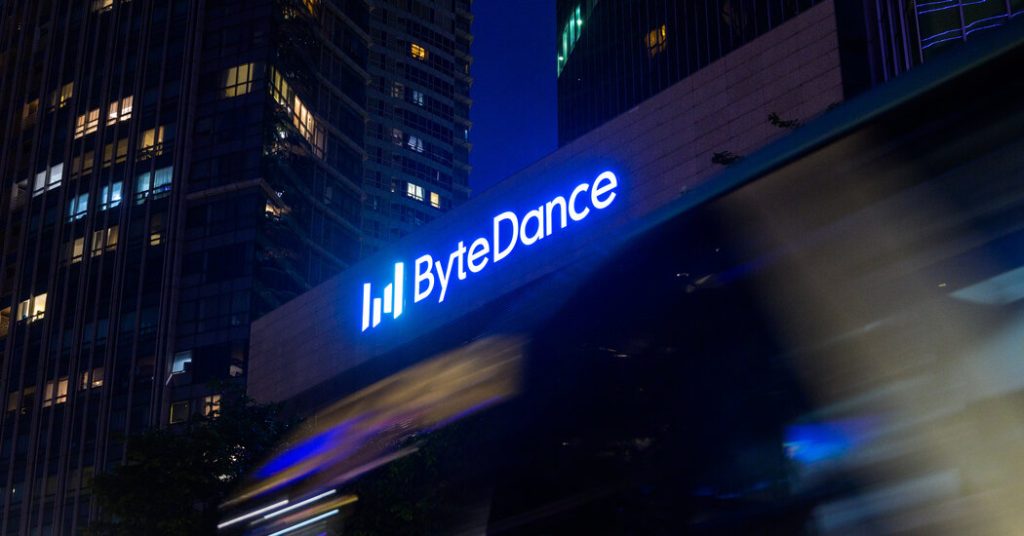U.S. investors who have backed China-based ByteDance, the company that owns TikTok, are facing increased pressure to answer for their investments in Chinese companies. A bill that would force ByteDance to sell TikTok is making its way through the Senate after being passed by the House. Questions about TikTok’s Chinese ties as a potential national security threat are mounting, leading to increased scrutiny of U.S. investors like General Atlantic, Susquehanna International Group, and Sequoia Capital. These investors have billions tied up in ByteDance.
ByteDance, now valued at $225 billion, has become one of the world’s most highly valued startups, of which U.S. investors have a stake. However, owning a piece of ByteDance comes with challenges. The company is privately held, making it difficult for investors to sell their stakes. Additionally, political and economic factors make it unlikely that ByteDance will go public in the near future. Even if a sale of TikTok were possible, the Chinese government has shown reluctance to relinquish control of the influential social media platform, leaving U.S. investors in a difficult position with their assets.
U.S. investors have been involved with ByteDance since its inception in 2012 and have significant stakes in the company. For years, these firms were able to hold up ByteDance as a successful investment, especially as TikTok gained popularity worldwide. However, the deteriorating relationship between the U.S. and China has cast a spotlight on U.S. investments in Chinese companies, leading to increased discomfort among investors. President Biden’s executive order and lawmakers’ scrutiny have further intensified the situation for U.S. investors with ties to Chinese companies.
Some U.S. investors have taken steps to distance themselves from China, such as Sequoia spinning off its Chinese operation into a separate entity. Despite these efforts, the scrutiny on ByteDance’s U.S. investors is likely to persist until a resolution is reached. The focus on these investors, their ties to China, and their political and financial motivations are expected to continue as the situation unfolds. The outcome of the bill to force a sale of TikTok remains uncertain, leaving investors in a state of uncertainty and pressure to navigate the complex geopolitical landscape.
As the debate surrounding TikTok and ByteDance continues to unfold, U.S. investors in the company face challenges that are likely to persist. The attention on their investments in Chinese companies, particularly in the tech sector, highlights the complexities and potential risks associated with such investments. In a climate of escalating tensions between the U.S. and China, navigating investments in Chinese companies has become increasingly fraught with political and economic implications. The outcome of the bill to force ByteDance to sell TikTok remains uncertain, leaving investors in a state of limbo as they navigate a complex and ever-changing landscape.


